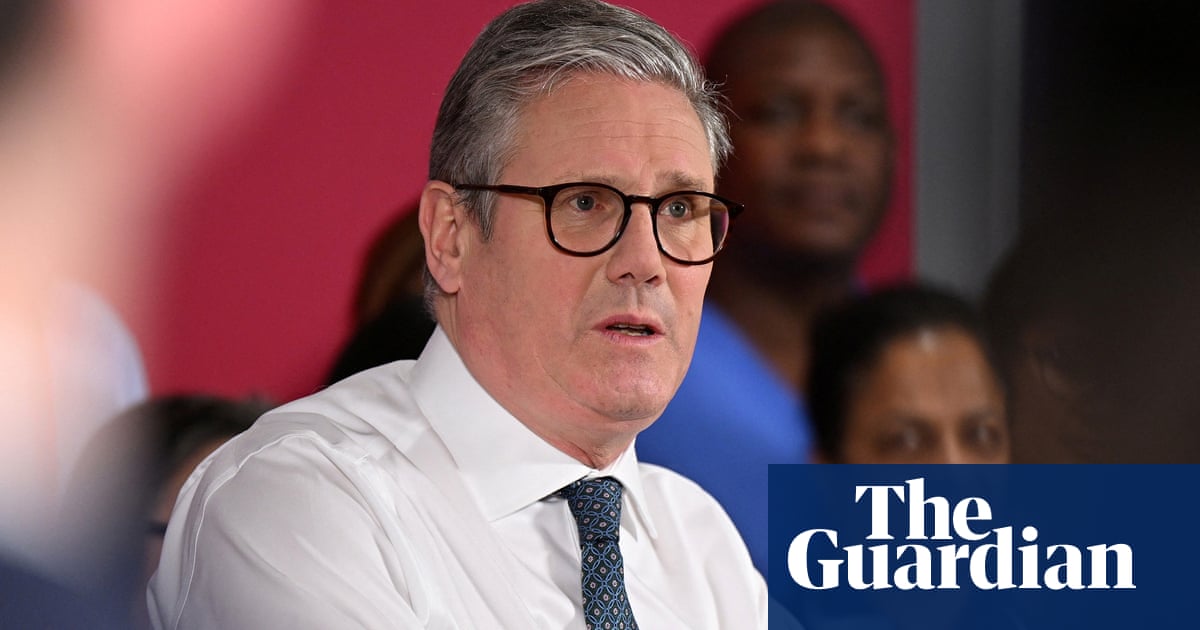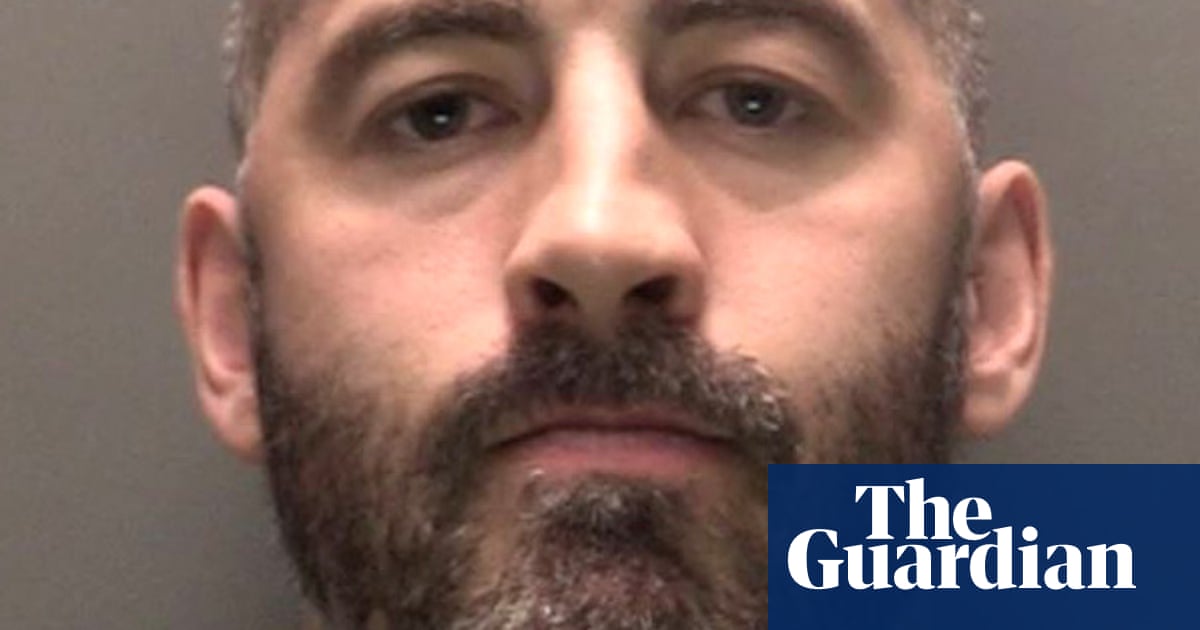A Greenlandic MP has accused Copenhagen of “cognitive dissonance” after she was ordered to leave the podium in parliament for refusing to translate her speech calling out human rights abuses against the former Danish colony.
In the speech delivered earlier this month, Aki-Matilda Høegh-Dam paid tribute to victims of the so-called Spiral contraceptive scandal in which Greenlandic women and girls say they were fitted with an intrauterine device (IUD) by Danish doctors without their knowledge or consent.
She gave the address in Greenlandic, the official language of the autonomous territory.
According to parliamentary protocol, MPs are permitted to speak Greenlandic in the Folketing, or Danish parliament, but only if they translate their words into Danish immediately afterwards.
This was not something that, in the moment, Høegh-Dam was prepared to do. She said: “I just felt like ‘Why am I even translating myself? I asked for solutions so many times, why am I even translating myself to people who are so racist?’ … It was so spontaneous.”
Speaking via video link from Nuuk in her parliamentary office in Copenhagen, the 28-year-old politician said that many Danish people were ignorant of how strongly influenced by their colonial history they were, even as many identified as liberal advocates of human rights.
“So when I try to make them aware, by speaking Greenlandic, that there are actually inequalities, that the things that they’ve been taught their whole lives – that they’re ‘good’ colonisers trying to teach savage people how to live a good and healthy life – it’s difficult for them to understand or admit that it might not have all been good,” she said.

Høegh-Dam, who was born in Denmark and grew up in Greenland to Greenlandic-Danish parents, added: “And when I challenge that point of view some kind of cognitive dissonance happens, as well as the wish to fight for their own language by trying to push out my language, push out any foreign language.”
Denmark ruled Greenland as a colony until 1953 and continues to control its foreign and security policy, as well as that of the Faroe Islands, another autonomous Danish territory. Both countries have their own parliaments, but also have two MPs each in the Folketing.
The Spiral scandal, which is believed to have affected 4,500 women and girls as young as 12 between 1966 and 1970, has focused renewed attention on Copenhagen’s colonial legacy. It is believed that authorities implemented the project as a means to reduce Greenland’s population.
Earlier this year, the Danish state was sued by 143 Greenlandic women alleging they were fitted with IUDs without their knowledge.
In her speech this month, Høegh-Dam paid tribute to Greenlandic people who she said had been subjected to experiments, women who had unknowingly lost their parental rights, and the “legally fatherless” – Greenlandic children whose parents were unmarried and had no right to inheritance from their fathers.
Highlighting the ongoing legal inequality between Danish and Greenlandic citizens, she said: “Those who were not guaranteed their legal certainty were Greenlanders, Inuit. Those who were guaranteed their legal certainty were Danes.” But now, she added, “Greenlanders are standing up and speaking out”.
Despite having distributed printed copies of her speech to her colleagues, she was asked to leave the lectern by the speaker of the parliament, Søren Gade, meaning that she was unable to take questions.
In an interview afterwards he stood by the decision, saying that for a debate to “make sense” to other MPs and people watching on television it must also be given in Danish.
This was not the first time Høegh-Dam had spoken in Greenlandic in parliament. She caused controversy last year when she did so in contravention of the parliamentary rules. As a result of her action, and the ensuing debate, protocol was changed to allow MPs to speak in Greenlandic or Faroese as long as they translate themselves into Danish immediately.
On that occasion, she said, it was a considered move that she had thought about “for a very, very long time”. But this time it was purely spontaneous: she had made a complaint about a fellow MP whom, she said, had questioned her Greenlandic identity several times, only to be told he had the right to do so.
Meanwhile, her request for simultaneous translation services had been repeatedly declined, she said. It was “this buildup of trying to come up with solutions, and trying to be accommodating, then them not even accommodating my need for being respected for my own ethnicity”.
Høegh-Dam, who has been in politics since she was 14 and became the youngest politician in Folketing when she was elected in 2019 aged 22, said she had become especially aware of the inequality between Danish and Greenlandic people when she met Danish relatives.
“It was so obvious to me from a very young age that they weren’t smarter, they weren’t more intelligent, they weren’t more skilled. But they were treated as though they were. And all of my Greenlandic family was getting less opportunities, less pay, less rights,” she said.
The politician, who represents the social democratic Siumut party, said that while she had thought about quitting many times, she was determined to keep fighting. She said: “Sometimes you just think, if I don’t do it, who will?”
The Greenlandic government, the Naalakkersuisut, recently announced an inquiry by global experts into human rights issues relating to the contraception case, due to be completed by September 2025. The Danish government also has an ongoing investigation into the scandal.
The speaker for the Danish parliament declined to comment.

.png) 2 months ago
16
2 months ago
16













































